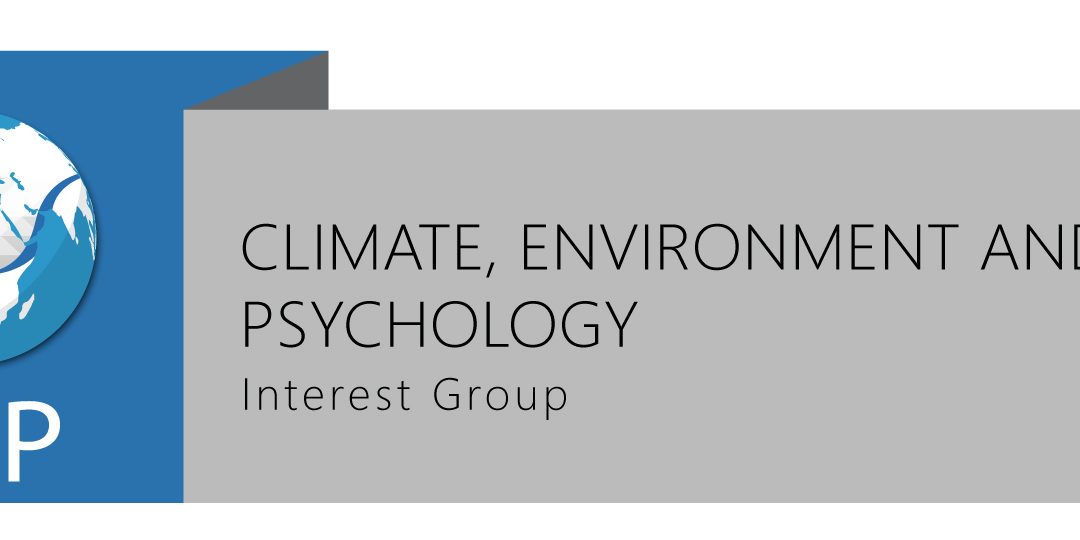
CEP Divisional Webinar 2
CEP Divisional Webinar 2

Climate justice for traditional communities with a psychological lens. What do you think?
About this Webinar
Date: 21 May 2024
Time: 15h00-16h00
Platform: Teams
In this webinar we propose a reflection on the social and territorial organization of traditional peoples and communities in Brazil, arguing that environmental justice for these groups is essential for the maintenance of socio-biodiversity on the planet and to mitigate the environmental and climate impacts that affect our historical time. Therefore, we will discuss new lens for discuss environmental issues, taking into account the possible contributions of psychology, in dialogue with anthropological science, to the defence of territorial rights. In this sense, we will take into account some historical experiences of territoriality, highlighting how it plays a fundamental role in understanding the world, in the epistemological practices, sociality, and housing of communities such as Indigenous peoples, Quilombolas, and other traditional groups, which challenge the universality of binomial concepts such as people/environment, nature/culture, rural/urban, etc. We defend the necessary incorporation of an ethical-political dimension in its work. Finally, since we acknowledge the urgency of the demands posed by a development agenda that values human dignity and other forms of life on our planet, encompassing a complex processes that involve global challenges, particularly in the contexts of the periphery of the global South, we believe it is possible to draw parallels between the Brazilian and South African realities.
See the link below to join!
Prof Raquel Diniz: PhD (2015) and Master (2010) in Psychology at the Federal University of Rio Grande do Norte (UFRN). Received funding from the Brazilian National Council for Scientific and Technological Development (CNPq) to develop a doctoral internship at the Research Group in Social, Environmental and Organizational Psychology (PsicoSAO/University of Barcelona) (2013-2014). Researcher at the Person-Environment Study Group (GEPA/UFRN), and coordinator of the Observatory for Latin American Environmental Psychology (obPALA/UFRN). She works in teaching and research at undergraduate and postgraduate levels in the areas of Epistemology and Research Methodology in the Human Sciences, focusing on critical and participatory perspectives. She also works in the area of Environmental Psychology with the themes of environmental issues and sustainable lifestyles, plural territorialities in contexts of traditional peoples and communities, and the history and developments of Environmental Psychology in Latin America. She worked as an assistant professor at the University of International Integration of Afro-Brazilian Lusofonia (Unilab), marking her approach to post/anti-colonial thinking and southern epistemologies. She is currently an assistant professor in the Department of Psychology at the Federal University of Rio Grande do Norte (UFRN) and at the Postgraduate Program in Psychology (PPgPsi/UFRN).









